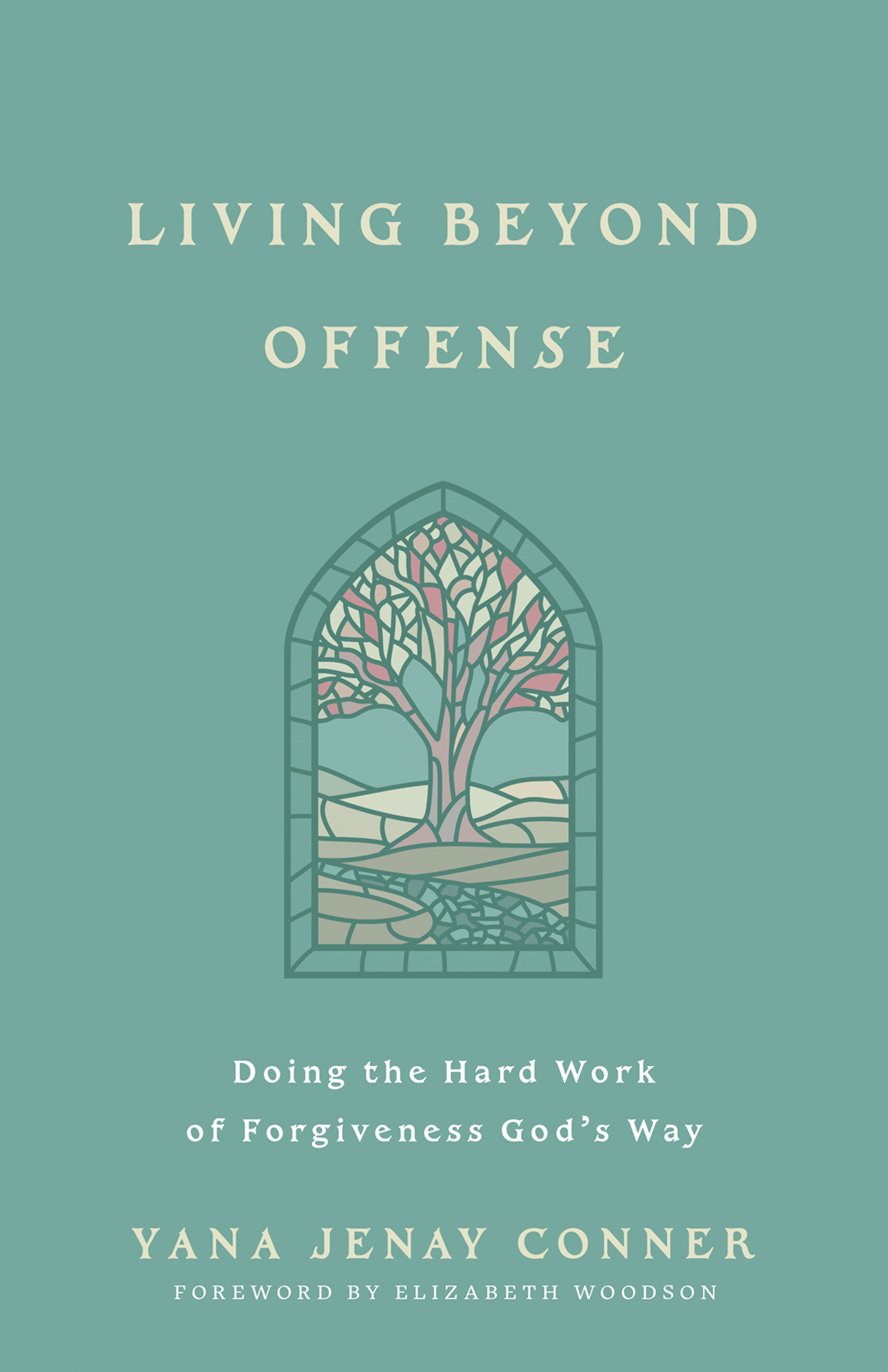
Forgiveness sounds beautiful until you have to do it. When the wound is fresh or the betrayal deep, Jesus’ command to forgive can feel impossible. You know the verses. You know the call. But your heart feels like it’s been through a tsunami, and forgiveness seems beyond your reach.
If forgiveness feels impossible, you’re not alone. For much of my walk with Jesus, I have felt the same. When offense has come knocking, I’m quick to run and hide from Jesus’ command to forgive.
Here are four barriers to forgiveness—and the ways God invites us to move through them.
1. Emotional Pain
When someone we trust betrays us, the pain cuts deep. It’s disorienting, causing us to spiral into an “I can’t eat, I can’t sleep” state. Anxiety, anger, and sadness flood our nervous system, making it difficult to see things clearly or discern our next step. You didn’t see it coming, and now you are left to pick up the pieces to restore your sense of security, safety, and shalom. How can you forgive someone who’s done so much damage to your soul? Someone whose offense didn’t just hurt your feelings, but changed the terrain of your very life?
If emotional pain presents as your greatest barrier to forgiveness, please know that God is not standing by impatiently waiting for you to dust yourself off and forgive. Instead, He stands ready to get down on bended knee to bind up your wounds and teach you how to walk again. But, you have to make yourself available to the healing process by telling Him where it hurts and why through prayer, leaning into a trustworthy community, and pursuing professional counseling if needed.
Healing doesn’t erase the hurt, but it does create enough space to make the hard work of forgiveness more possible.
2. Anger and the Desire for Justice
When someone sins against you, anger is a natural and appropriate response. Anger is our justice emotion. It’s rightly kindled when something unjust happens to us or someone we love and longs for justice to be restored. This kind of response echoes the heart of our God. However, our longing for justice can turns into a demand, causing us to ignore God’s commands forgive and retaliate against our offender.
If anger and your longing for justice are your greatest barriers to forgiveness, I invite you to find rest and direction in Romans 12:18-19 (CSB):
If possible, as far as it depends on you, live at peace with everyone. Friends, do not avenge yourselves; instead, leave room for God’s wrath, because it is written, Vengeance belongs to me; I will repay, says the Lord.
Beloved, you don’t have to avenge yourself. God will. He will repay. Submit your anger to Him and His merciful ways. Trust God to execute justice on your behalf and forgive.
3. Forgiveness Amnesia
Every time you and I choose not to do the hard work of forgiving; we are doing the shortsighted work of forgetting. Like the unforgiving servant, who, after being forgiven debt, withheld forgiveness from his fellow servant, we are forgetting the mercy we’ve received.
Beloved, when forgiveness feels out of reach, we need to reach for the cross that saved us. When forgiveness feels impossible, we need to meditate on Christ’s blood dripping down from a cross to release us from receiving the just punishment of our sins. We must remember the glory of the gospel that commissions forgiven people to forgive.
4. Lack of Clarity
Throughout my walk with Jesus, my greatest barrier to forgiveness has been simply not knowing what it is or how to forgive. Is it forgetting? Ignoring? Or getting my feelings to change? What is it and how do we do it?
After observing every instance of forgiveness in Scripture, here’s a definition I’ve come to adopt:
Forgiveness is a merciful decision to release an offender of their debt and not retaliate in anger.
Beloved, forgiveness is a decision, not a feeling. It’s not ignoring but honestly acknowledging your offender’s debt. However, instead of holding them responsible for paying you back, you release them, trusting God to restore everything that was lost in full to your account (1 Peter 5:10). It’s the choice not to retaliate against our offender but instead to trust God to execute justice on our behalf.
Forgiveness is Possible
Forgiveness is not easy, but it’s possible. And I wholeheartedly believe this to be true because we serve a good God who lovingly put His commands within reach. He also doesn’t ask something of us He hasn’t already done first. On the cross, He absorbed our debt, released us from the punishment we deserved, and refused to retaliate. And now, through His Spirit, He empowers us to extend the same mercy we’ve received.
So, when forgiveness feels out of reach, look to the cross for the inspiration and strength you need to forgive. Let the mercy you’ve received fuel your ability to extend mercy to others. Draw strength from the good news that you’ve been forgiven to forgive those who have sinned against you.

Read more in Living Beyond Offense
by Yana Conner


